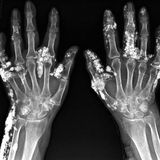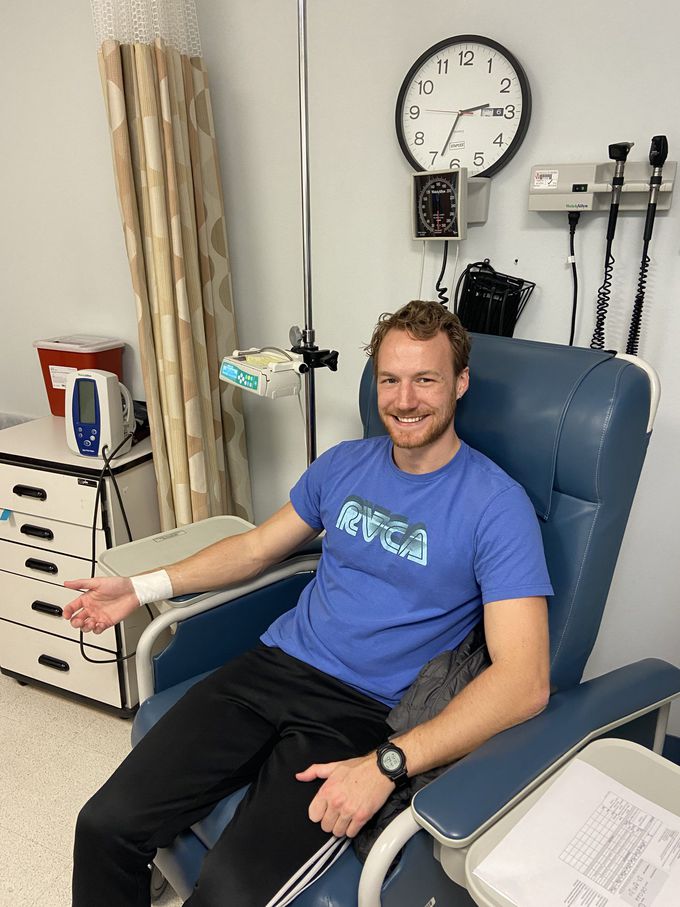

Andy Wellsalmost 5 years ago

Scientist Infects Himself with Hookworms, For Science
A scientist voluntarily infected himself with 50 hookworms for a whole year; as part of a research study testing a vaccine for the parasite. Scientists often take risks in the name of science. However, sometimes those risks may border on crazy. Take the example of Dr. David Pritchard; an immunologist-biologist at the University of Nottingham. In 2006, he made headlines for infecting himself with hookworms, all for science. Later on, he became the first to infect patients with the parasite as part of a research study exploring the parasite’s effects on allergy symptoms. Click to read more...
Source: https://journal.medizzy.com/scientist-infects-himself-with-hookworms-for-science/Top rated comment
It looks like he received the helminths not the placebo or he would not have the rash and increased eosinphils.
Other commentsSign in to post comments. You don't have an account? Sign up now!
Related posts
Why tea tree and lavender oils may cause 'man boobs'Hi everyone im am valdrin ibrahimi and i love this app because i can learn a lot for my future. I want to be a doctor because i love helping People. Im 15 hahaha hi😀😀Stretching Greatly Reduces Tumor Growth in Mice with Breast CancerWhy is brain more active at night than during the day...??(its a fact)The bladders made from other body partsCorn dna replication🦋 Donor Human Milk
▫️Donor milk generally refers to milk donated to a milk bank by a mother with excess supply, usually a woman who delivers a term infant and generally later in lactation.
▫️After rigorous screening processes, the milk is processed by the pooling of donations from 3–10 donors and heat treated at 62.5°C for 30 minutes, the Holder pasteurization method.
▫️Donor milk is used primarily in NICUs to support the feeding of preterm neonates whose mothers have inadequate milk production to meet their neonates’ needs.
▫️The Holder pasteurization process results in a milk that is free of microbial contamination, but biologically and immunologically active factors may be affected adversely, including immunoglobulins, lactoferrin, lysozyme, erythropoietin, lipase, and insulin.
- The heat treatment does not affect oligosaccharides (which may be active in preventing NEC).
▫️Donors are screened for human immunodeficiency virus, human T-lymphotropic virus1, human T-lymphotropic virus2, hepatitis B, hepatitis C, and syphilis.
▪️Avery's diseases of the newborn, 2018
Hello people im new hereTypes of worm in human

